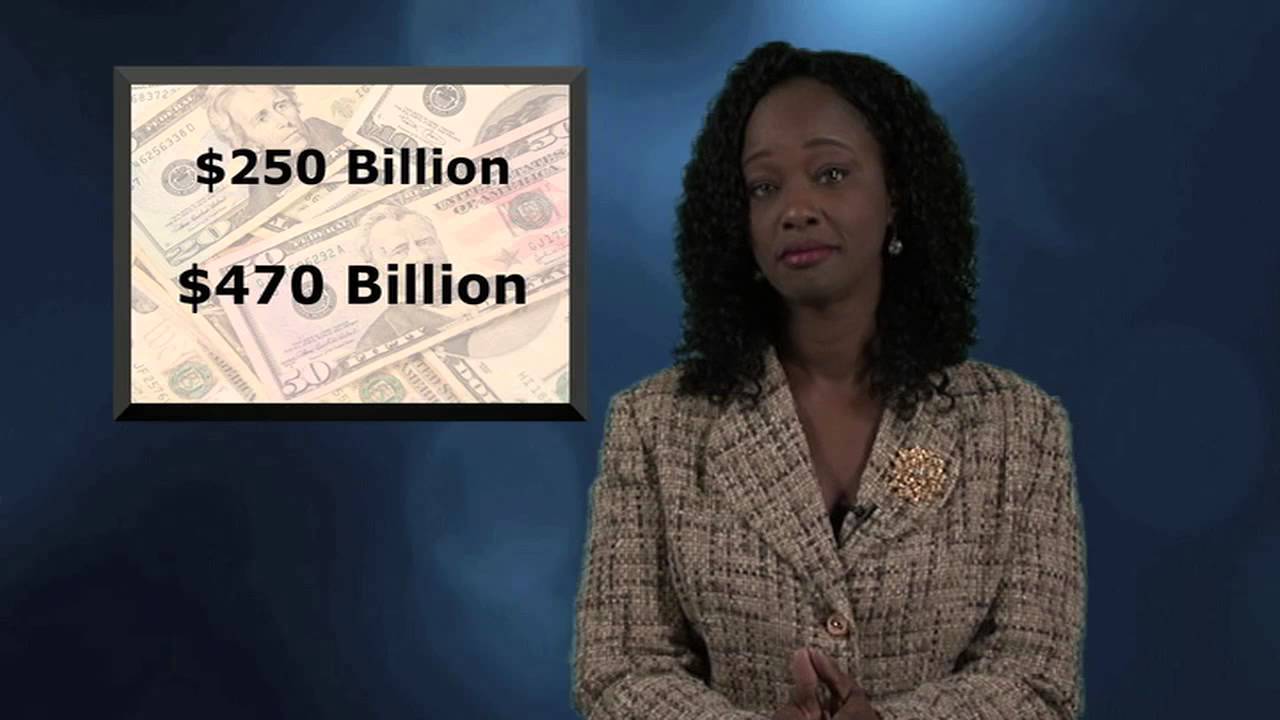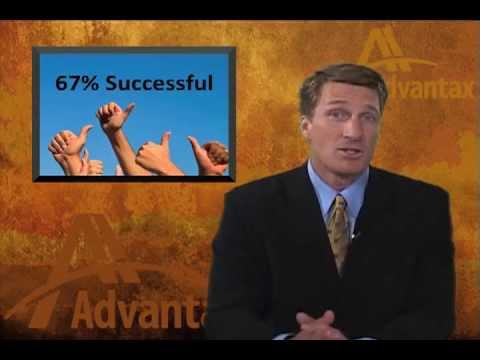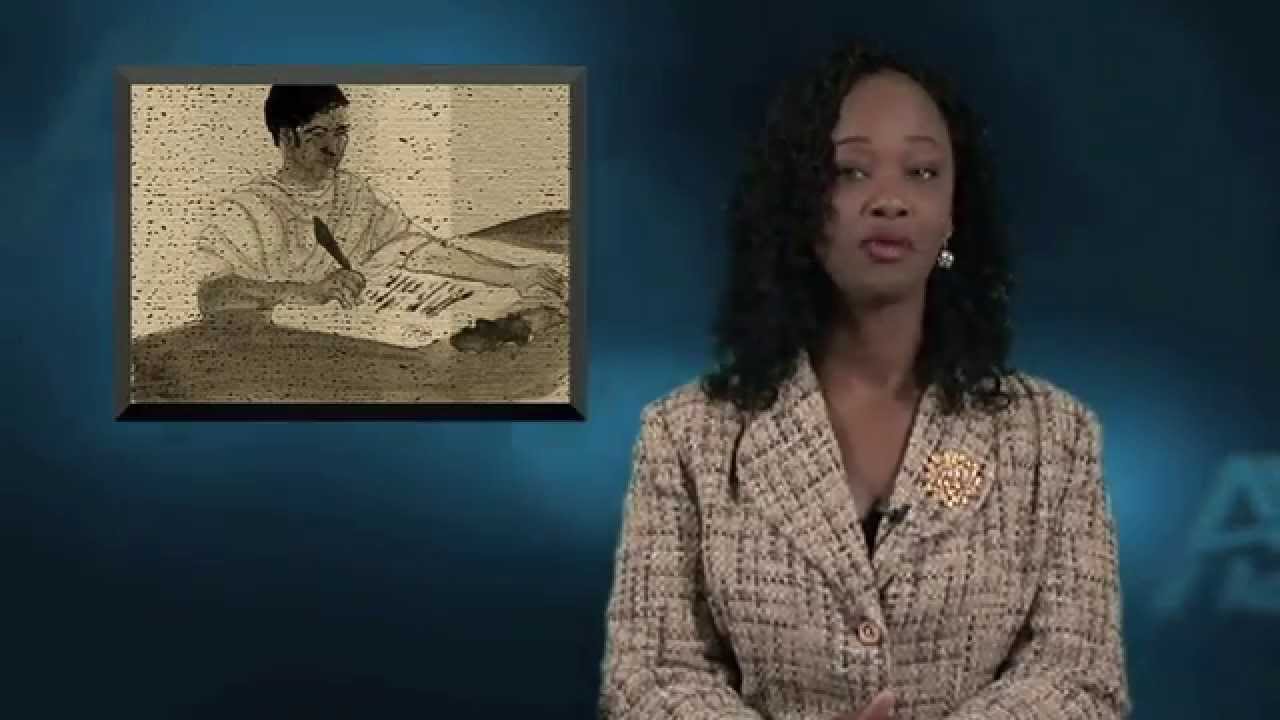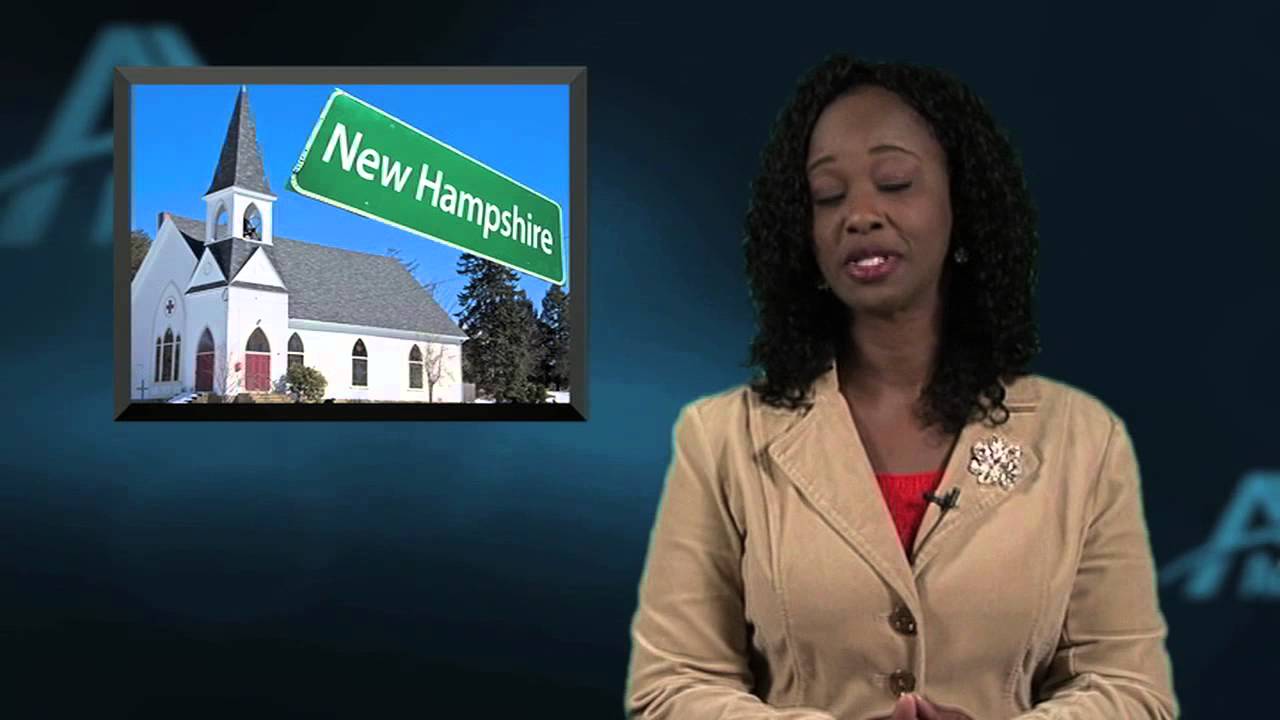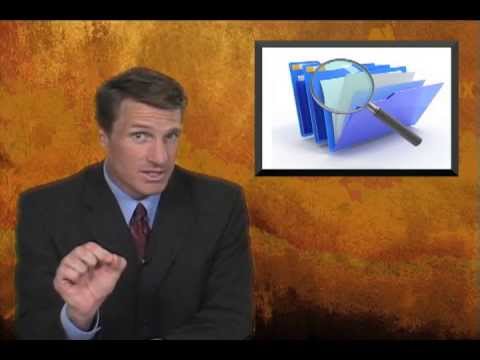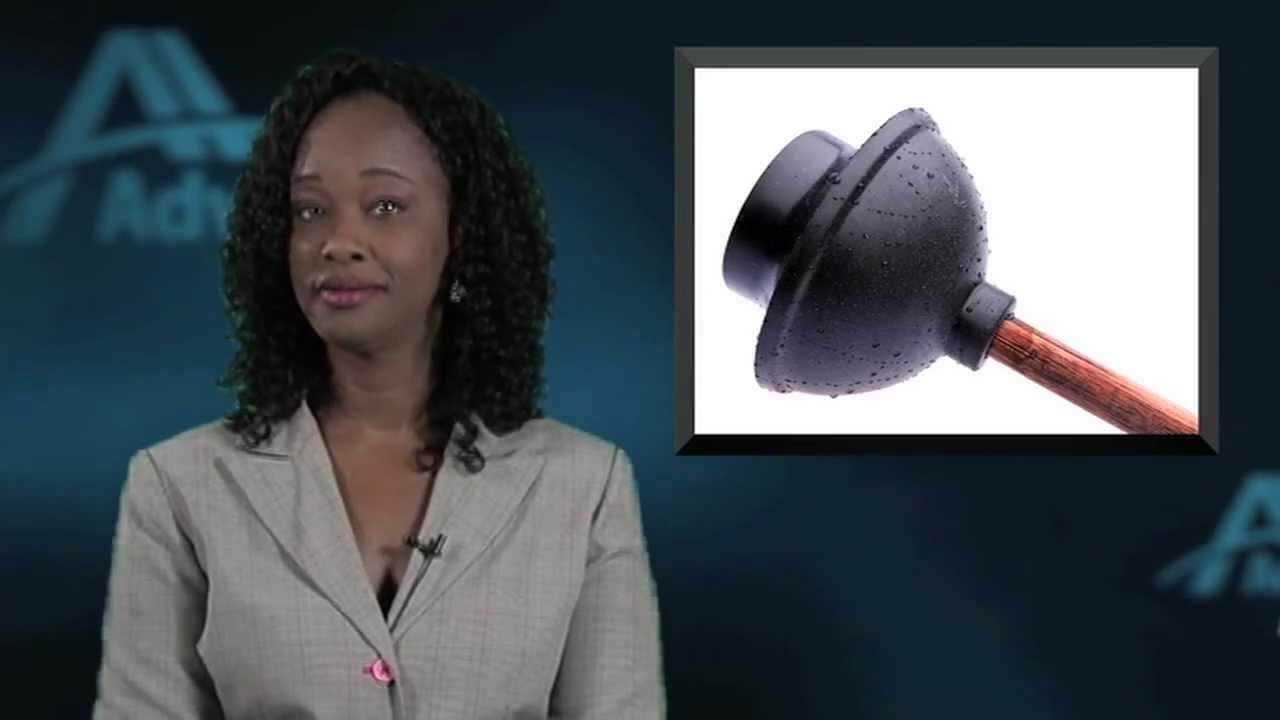Video Gallery
Why is Property Tax the Most Hated Tax?
PropTax Minute
Welcome to Advantax. I’m Regina Waldroup with your PropTax Minute.
Did you know that property tax was recently labeled as the most hated tax in America? I don’t expect anyone to differ, but it seems a little harsh doesn’t it? It must be more hated than income taxes, sales taxes, and hospitality taxes.
So what’s not to love about property taxes? Is it the fact that total property tax collections have risen every year since the Great Depression? Or, the fact that property taxes have almost doubled in the last ten years, from $250 billion to almost $470 billion? Maybe everyone hates it because for many taxpayers, property taxes haven’t dropped even though values have plummeted?
There are plenty of reasons to dislike property taxes. What are your reasons?
Take a moment and let us know at advantax.com. Thanks for watching the latest edition of PropTax Minute.
Can You Get Too Much of a Good Thing?
PropTax Minute
Welcome to Advantax. I’m Owen Jensen with your PropTax Minute.
To appeal or not to appeal – that’s the question facing plenty of property owners right now.
With values at all-time lows and property taxes at all-time highs…474 billion dollars to be precise…you might think the number of appeals on commercial and industrial properties would be at super high levels.
But believe it or not, turns out that’s not the case at all.
Listen to this: according to PropTax Assessment, major corporations report only appealing 6% of personal assessments and 11% of real assessments! And when they did appeal, those same companies report that an average of 67 percent of the appeals were successful. Not too shabby by any means. Imagine what appealing more assessments might do for your company’s bottom line. No doubt it could mean big savings.
If you’re interested in learning more about the PropTax Assessment – visit us at advantax.com
Thanks for watching.
Using Property Taxes to Conquer the World
PropTax Minute
Welcome to Advantax. I’m Regina Waldroup with your PropTax Minute.
In the year 326 B.C., Alexander the Great was the ruler of the known world at only 30 years old. You can imagine the military genius it took to accomplish such a feat, but have you ever thought of Alexander the Great as a tax administrator?
The world at that time was burdened with heavy taxes from their governing bodies. Alexander was able to please the people he conquered by lowering their property taxes and investing half of what he collected back into public improvements. Most of the people who fell under his rule paid fewer taxes than before and enjoyed more government financed improvements.
His genius property tax policy prevented many rebellions, but also contributed to his ability to rule in peace. Who would have thought that good tax reform could be just as effective as a big sword?
Thanks for watching PropTax Minute. For more property tax news, visit advantax.com.
Property Taxes on a Room-by-Room Basis
PropTax Minute
Welcome to Advantax. I’m Regina Waldroup with your PropTax Minute.
Is the bathroom at your church taxable? If you live in New Hampshire, it might be.
The supreme court of New Hampshire ruled to give cities the power to tax churches on a room-by-room basis – any rooms not used for religious purposes can be subject to property tax.
A church in Concord, New Hampshire had first-hand experience with this situation. The city included storage rooms and a second floor men’s restroom in its analysis of what was not being used for religious purposes. The church argued the city wasn’t empowered to assess on a room-by-room basis, but the Supreme Court agreed with the city in a unanimous decision.
Has the Supreme Court gone too far? Should jurisdictions have the ability to determine exemptions on a room-by-room basis?
Let us know what you think at advantax.com. Thanks for watching PropTax Minute.
Is Your Property Tax Value Calculated Correctly?
PropTax Minute
Welcome to Advantax. I’m Owen Jensen with your PropTax Minute.
No one in their right mind wants to overpay property taxes. But it happens, and you may be doing it yourself without even knowing it.
Did you know that the square footage used to calculate the property tax value on your real estate could be wrong and may result in the overpayment of property taxes? With thousands of facilities to measure there are bound to be some mistakes.
We recently found this out with the building that Advantax occupies. For some reason, the records at the assessor’s office got a little mixed up and the square footage they were utilizing was significantly higher. On the surface looking at your square footage may not seem like a big deal, however, it may result in a significant over assessment and that is troubling. In our case it resulted in an increase exceeding 20%.
When is the last time you reviewed the assessor’s square footage of your real estate? Are you sure it is correct? Does it match up with your measurement?
If not, check it out and get it corrected. After all, we’re talking about your money here, and why spend more than you have to. If you need assistance in reviewing your property record cards, we can help. Contact us at advantax.com.
Thanks for watching.
Higher Property Taxes = Better Education?
PropTax Minute
Welcome to Advantax. I’m Regina Waldroup with your PropTax Minute.
We know that higher property taxes mean more money for schools, but does that guarantee better education results? 65% of local school revenues come from property taxes. Property tax revenues have doubled in the past 10 years due, in large part, to the dramatic increase in school spending. Spending for education in the US was $4300 per student in 1971. Now that number is over $9000, after adjusting for inflation. That’s an increase of over 100%.
Because of that equation, we would expect to see better results from our education, but that’s not always true. The US reading and math scores have remained flat since 1971, while those scores in other countries have risen. We are ranked 25th in math and 21st in science among 30 developed countries. We rank last when just the top 5% of students are compared.
Looks like there is something missing to the equation. Let us know what you think at Advantax.com
Thanks for watching PropTax Minute.
Property Taxes and Non-Profits
PropTax Minute
Welcome to Advantax. I’m Regina Waldroup with your PropTax Minute.
Should non-profit organizations be required to pay property taxes? On one hand, local governments are feeling pressed as demand for services rise and tax revenues fall. On the other hand, adding property taxes to non-profit organizations means less money to accomplish their mission.
Originally, non-profit exemptions were meant to subsidize private entities who took care of public responsibilities. For example, in the 17th century, private parties assumed responsibility for public works rather than waiting for the government to take care of things. Before the new deal, counties had the primary job of taking care of the poor. When charitable organizations stepped in to take care of the poor a property tax exemption was granted. It was clear that the non-profit organizations were relieving a government burden and in exchange receiving a property tax exemption.
Today the idea of non-profits benefitting from property tax exemptions is being challenged. Hawaii attempted to impose a 1% property tax on non-profits. Illinois challenged the exempt status of hospitals. Boston is asking non-profits to pay a discounted property tax. A number of charitable organizations are being denied exemptions in California on grounds that they do not do enough to benefit California residents.
What has changed? Should non-profits have been paying property taxes all along? Or, is the idea behind taking away exemptions simply based on the current economic situation?
Let us know what you think at Advantax.com. Thanks for watching PropTax Minute.
NASCAR and Personal Property Taxes – Similarities?
PropTax Minute
Welcome to Advantax.
I’m Owen Jensen with your PropTax Minute.
Attention racing fans: it turns out NASCAR and personal property taxes have a lot in common. At this point, you’re probably wondering where this is all leading…well follow me on this one.
When it comes to personal property taxes, don’t you feel like your wheels are spinning, and you’re going around and around the same circle? Sometimes not even sure if you are winning or losing? And just keeping all the tax rules straight. Like the cars in a NASCAR race, sometimes it’s hard to stay focused. There’s a lot going on, and it happens in the blink of an eye.
Think about it…in personal property, there are 12,000 local jurisdictions and all the rules, tables and rates that they bring with them.
Also, in NASCAR there are some real characters and it cost a lot of money to participate… More similarities to personal property taxes.
The main thing, of course, is: are you winning the race?
If your wheels are spinning, we can help. Just contact us at advantax.com
Plunger for Property Taxes
PropTax Minute
Welcome to Advantax. I’m Regina Waldroup with your PropTax Minute.
Have you ever been stuck in a bad situation because there was no plunger when you needed one? I read something about an airplane that couldn’t take off because they needed to find a plunger for the plane. No one could find one, but after waiting a long time, maintenance saved the day.
Sometimes it feels like we are getting clogged up with property taxes. According to the US Census Bureau, local governments were on track to collect more than $475 billion in property taxes in 2010. That’s an increase of 92% from the estimated $247 billion collected in 2000. In that same period, inflation increased only 27%. In other words, property taxes have outpaced inflation by over 340%! By contrast, we have experienced the biggest real estate downtown of our lives. Real estate values on a national perspective are estimated to have dropped as much as 30%.
Values plummeting while property taxes are increasing means that the water is starting to rise. A 92% growth in property taxes means that local government has increased their budgets and have spent 92% more than in 2000. Maybe we need to plunger for that.
Thanks for watching PropTax Minute. For more property tax news, visit Advantax.com.
